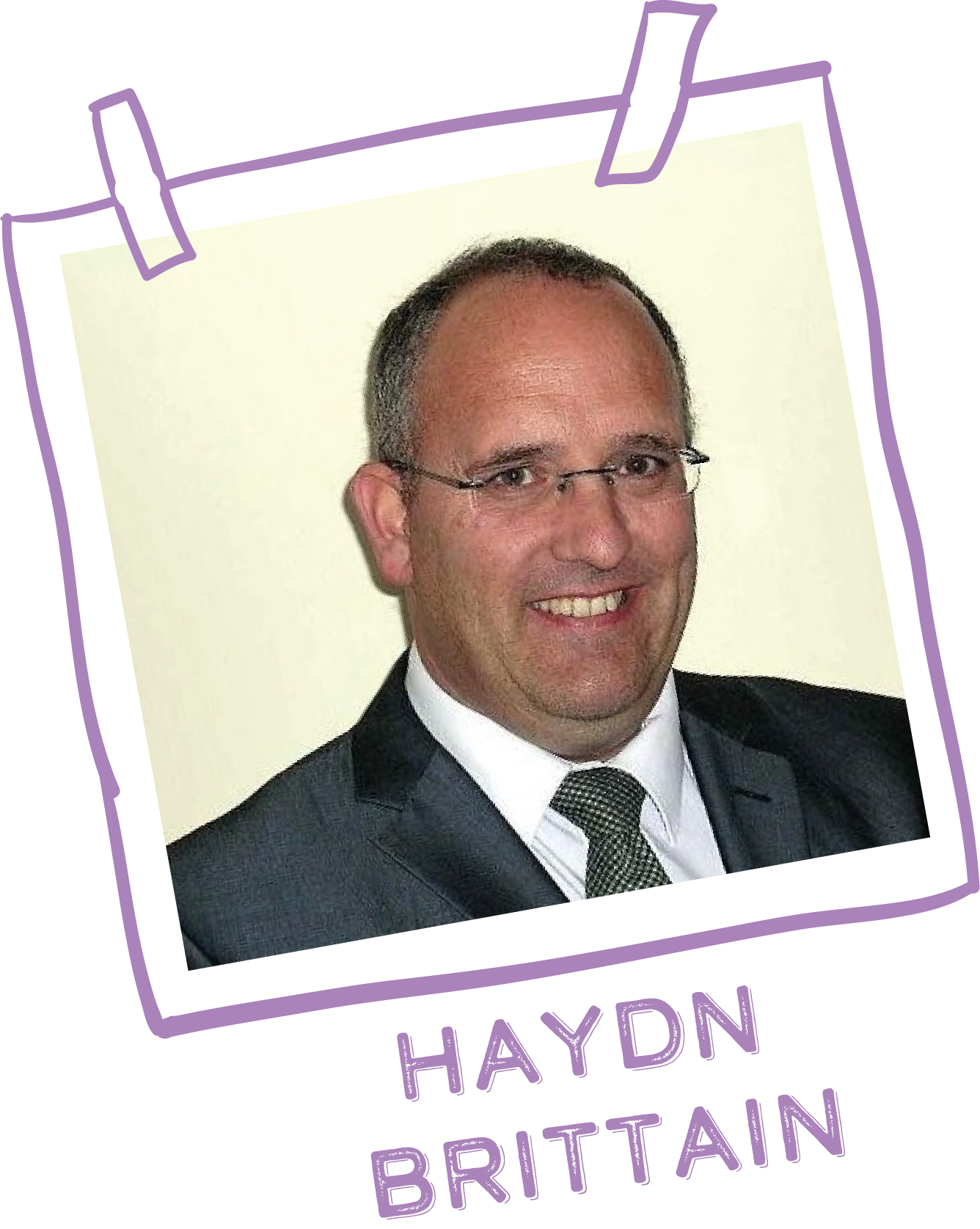I struggle with taking notes and keeping up with conversations in my role, and I’m concerned I’ll miss important points to be included within minutes. Proofreading is challenging, as spellcheck and autocorrect don’t always catch mistakes. I sometimes have difficulty seeing words on the screen, which resulted in errors that I couldn’t correct.
My hearing has also deteriorated in the past few years, and I have significant tinnitus, which affect my communication skills and cognitive processing during online calls. The inaccurate subtitles make it harder for me to keep up which makes me feel inadequate.
These difficulties caused me to lose focus, experience panic attacks and suffer from extreme anxiety, which affected my sleep and tiredness. I turned inwards, lost communication with family members and had no daily interest.
How has the support you’ve received impacted your working life?
I used resources and video support tools available on the Maximus Wellbeing site, completed a Neurological Assessment and accessed an online course on stress and anxiety via LifeWorks. Headspace and the MIND wellbeing service helped with my confidence and mindfulness, and I had weekly calls with my manager.
The Dragon software, Grammarly Professional and Microsoft Read Aloud all assisted me in writing and proofreading emails and documents and I use an inspiration mind mapping software to help with organising, planning and prioritising. Access to Work, a free mental health provider, provided me with hearing aid communicators, and I attended weekly Dyslexia support sessions with an external provider.
How has the support you’ve received impacted your working life?
Telephone counselling was outstanding, and a one-hour counselling service was provided weekly, where I could confidently discuss my anxiety and concerns with a professional counsellor. That person remained constant over the following weeks, and we built a good rapport.
I cannot explain how beneficial this was; it was my lifeline.
The first step was to shut down my thoughts, which was achieved by selecting 30 mins to think about the anxiety and write down my views each day. This meant I could train my mind to shut off anxious thoughts until my specified time.
The techniques provided by Ability First help create a structure for my communications, and Microsoft’s ‘read aloud’ feature is great for completing that final check. I also introduced an action achievement matrix which helps keep me on track and is the first step of my morning workflow.
What advice would you give to someone who needs additional support?
I would advise that you have an open mind – the techniques and advice made a difference for me. Everyone will have their independent set of requirements for assistance, and support from experts in this area is invaluable.


